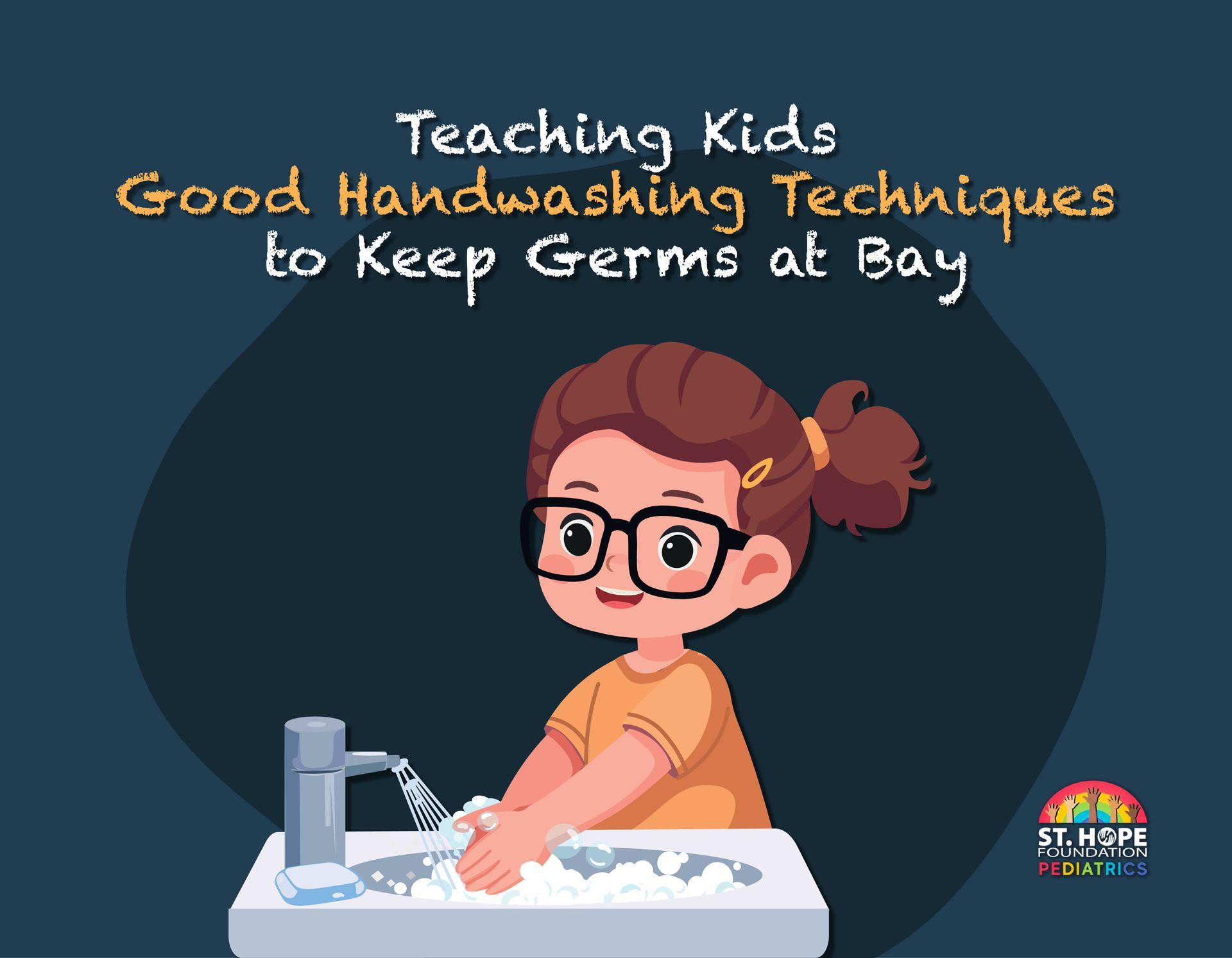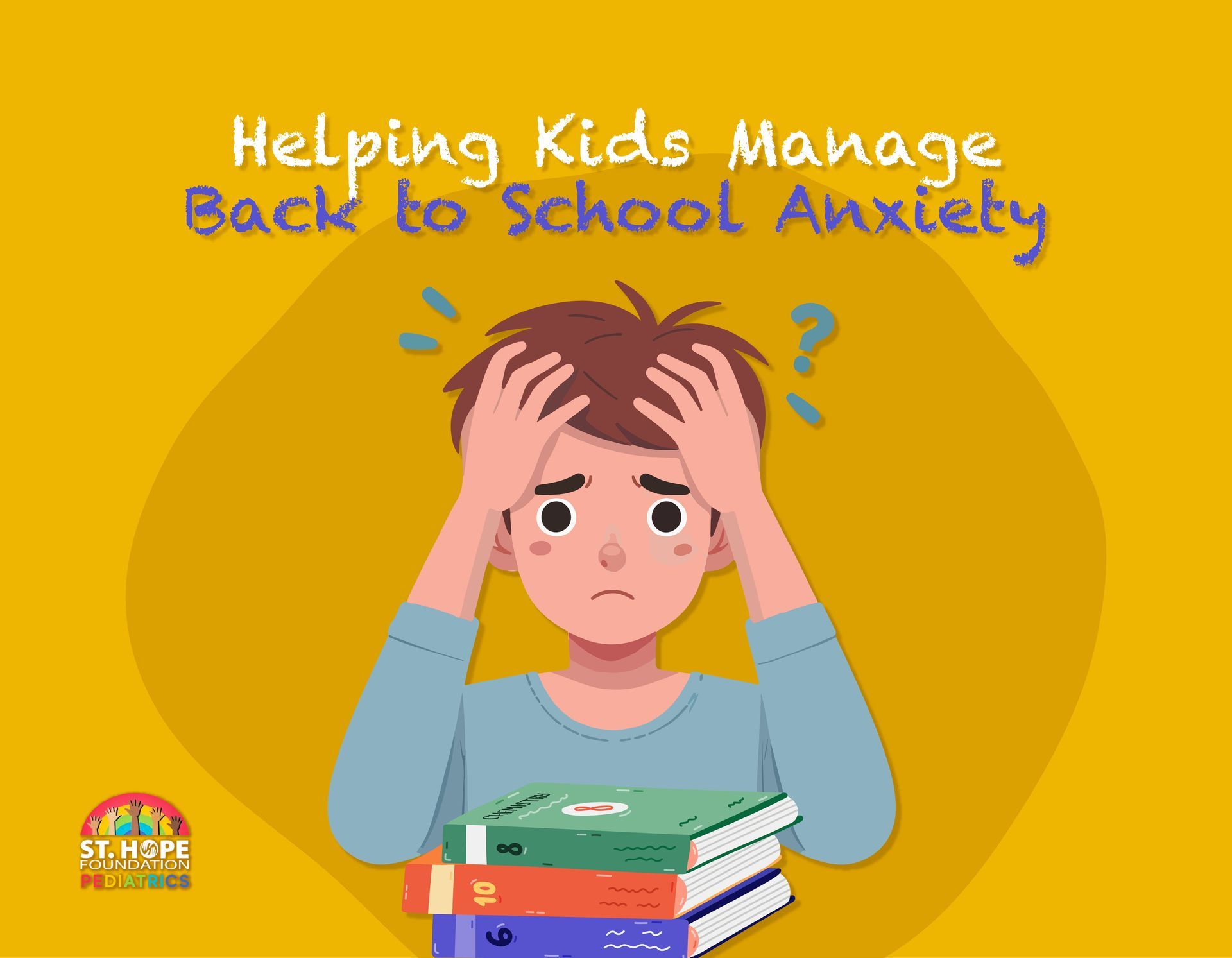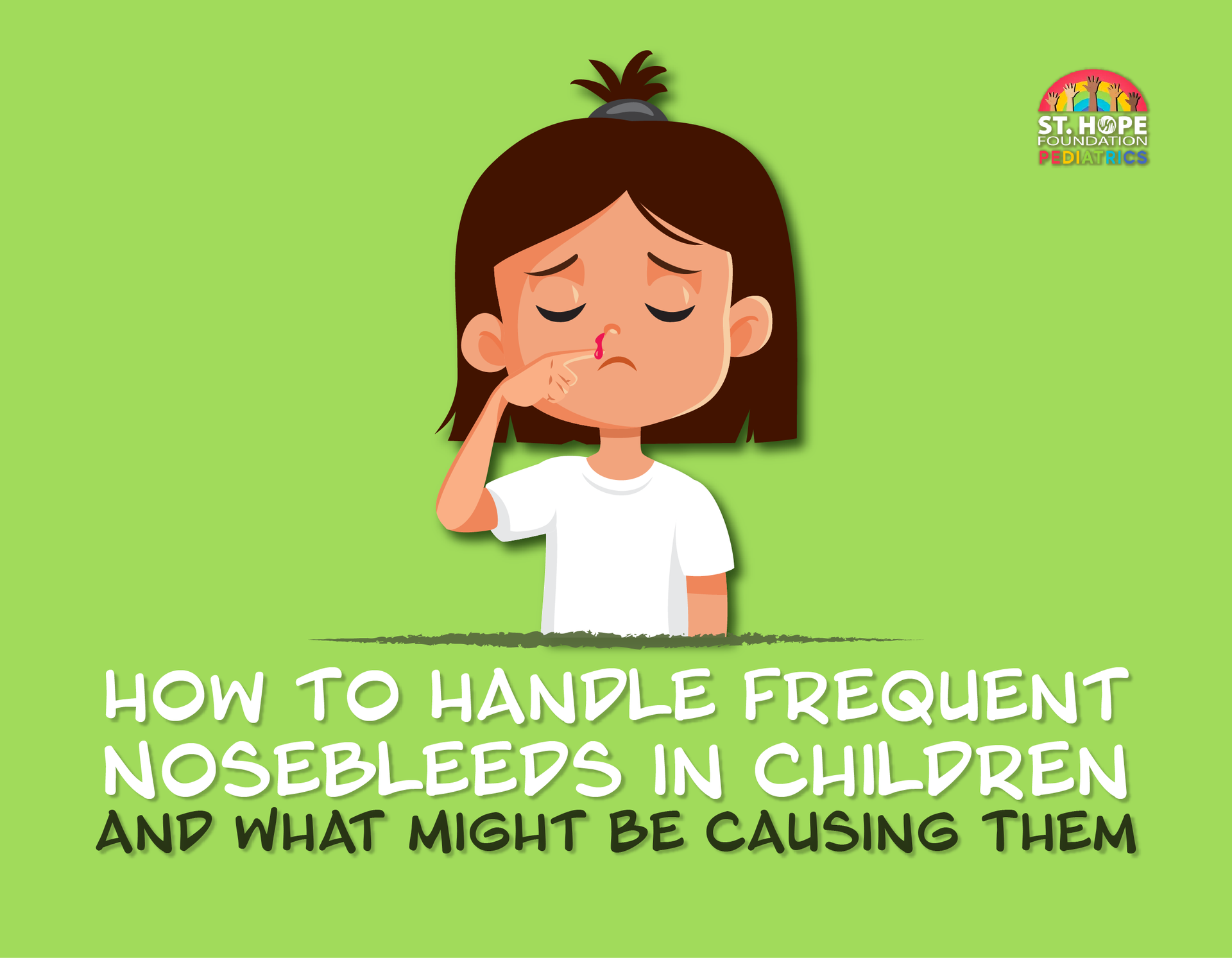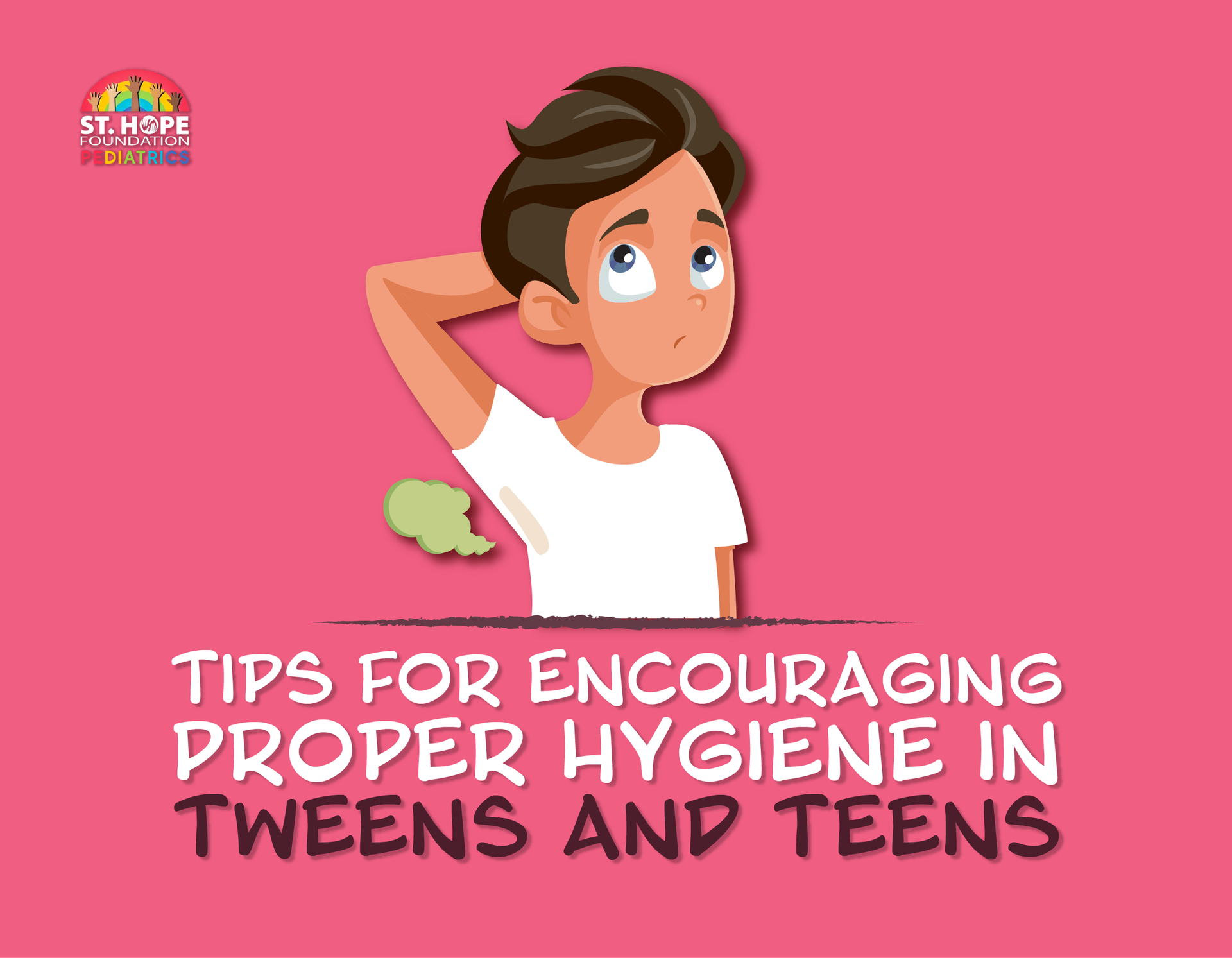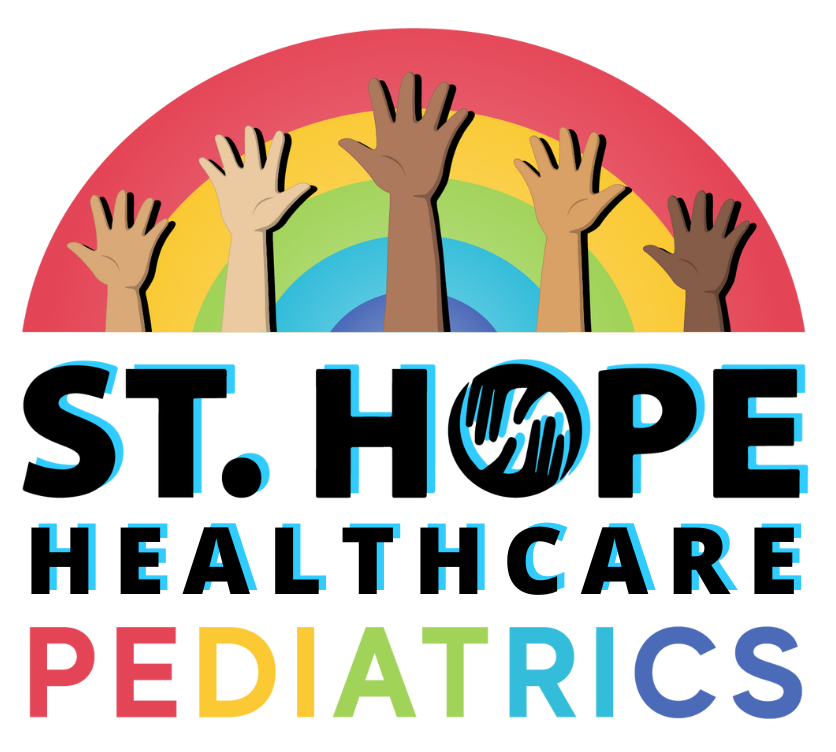Medicines That Are Unsafe for Children to Consume
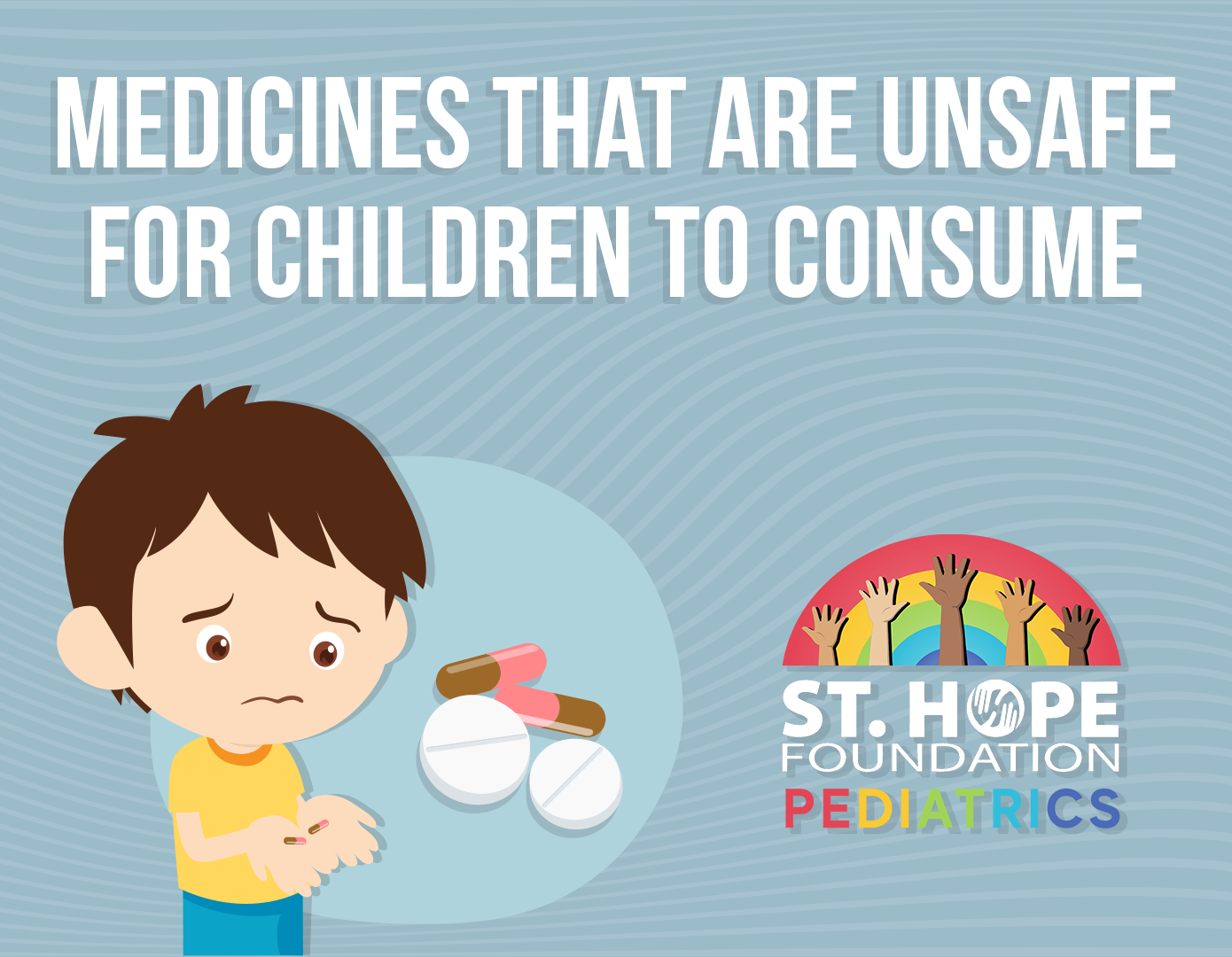
As a parent or caregiver, it's important to be aware of the potential dangers associated with giving medication to children.
Many medicines are safe and effective for children when given in the appropriate dosage and under the guidance of a healthcare provider. However, some medications which are perfectly fine for adults can be dangerous or even deadly if given to children. Understanding which medicines are unsafe for children to consume is crucial to ensure their safety and wellbeing.
Which Medicines Should You Not Give to Your Child?
Aspirin
Aspirin shouldn’t generally be given to children unless you’re specifically directed to do so by a doctor. Aspirin use in children can increase their risk of developing a rare but serious condition called Reye's syndrome, which can cause swelling in the brain and liver damage. If your child has a headache or the flu, consider using alternative pain relievers and fever reducers, such as acetaminophen (Tylenol) formulated specifically for children.
Children’s Tylenol is a popular choice for parents as it is designed specifically for children and comes in a variety of flavors and forms, such as chewable tablets and liquid. However, even with Children’s Tylenol, it's important to follow the recommended dosage based on your child's age and weight, and to never exceed the recommended amount.
Prescription Cough and Cold Medicine
Prescription cough and cold medicine shouldn’t be given to children under the age of two, and it’s generally not recommended for children under the age of six. This is because these medicines can have serious side effects in young children, including convulsions, rapid heart rate and even death. If you’re wondering what to use instead of medication, consider alternative treatments like saline nose drops or sprays, a humidifier, a steamy shower and plenty of fluids to help relieve your child's symptoms.
More importantly, you should never give your child prescription medications prescribed to someone else as this can be dangerous and even deadly.
Pepto Bismol
Despite its inviting bubble-gum pink color, Bismuth Subsalicylate (commonly known as Pepto Bismol) should not be given to children under the age of 12. This is because it contains an active ingredient called bismuth subsalicylate, which can act like aspirin and increase the risk of developing Reye's syndrome in children.
Additionally, Pepto Bismol can also cause stomach upset, constipation and blackening of the stool in children. It's always important to read the label and consult with a doctor or pharmacist before giving any medication to a child. There may be safer and more appropriate options available to relieve an upset stomach, such as ginger chews and herbal blend teas.
Ex-Lax
Senna glycosides (commonly known as Ex-Lax) shouldn’t be given to children under the age of 12 unless specifically directed by a doctor. If your doctor does prescribe Ex-Lax or a close alternative, be sure to always adhere to the prescribed dose. Ex-Lax is a type of laxative that contains the active ingredient sennosides, which can be harmful to children if not used correctly. In general, laxatives should only be used under the guidance of a healthcare provider. Alternative constipation treatments for children should be considered first. If you’re looking for safe and natural alternatives to relieve your child’s constipation, consider prune juice, high-fiber foods like cereal and increased water intake.
Benzocaine Teething Gel
Benzocaine is a local anesthetic and is not recommended for children or adults. Popular over-the-counter teething gels containing benzocaine include Baby Orajel, Orabase, Chloraseptic and Cepacol.
The U.S. Food and Drug Administration (FDA) warns against using benzocaine teething gels for infants and young children. Benzocaine can cause a rare but serious and potentially life-threatening condition called methemoglobinemia, which reduces the amount of oxygen that the blood can carry. Symptoms of methemoglobinemia can include pale, gray or blue-colored skin, lips, and nail beds, shortness of breath, fatigue, confusion, headache, lightheadedness and rapid heart rate.
If your child is teething, consult a healthcare provider for safe and effective alternatives for pain relief.
Get Your Child’s Prescriptions Filled at the St. Hope Healthcare’s On-Site Pharmacy
If your child needs a checkup or is sickly, consider choosing St. Hope Healthcare with locations in Houston and Sugar Land as their go-to healthcare provider.
Our comprehensive pediatric services include an on-site pharmacy so you can conveniently fill your child's prescriptions right after their appointment. Our pharmacy team works closely with our healthcare providers to ensure that your child receives the right medication at the right dosage.
Call us today at (713) 778-1300 to schedule an appointment for your child and experience the convenience and quality of care that the St. Hope Healthcare provides.







